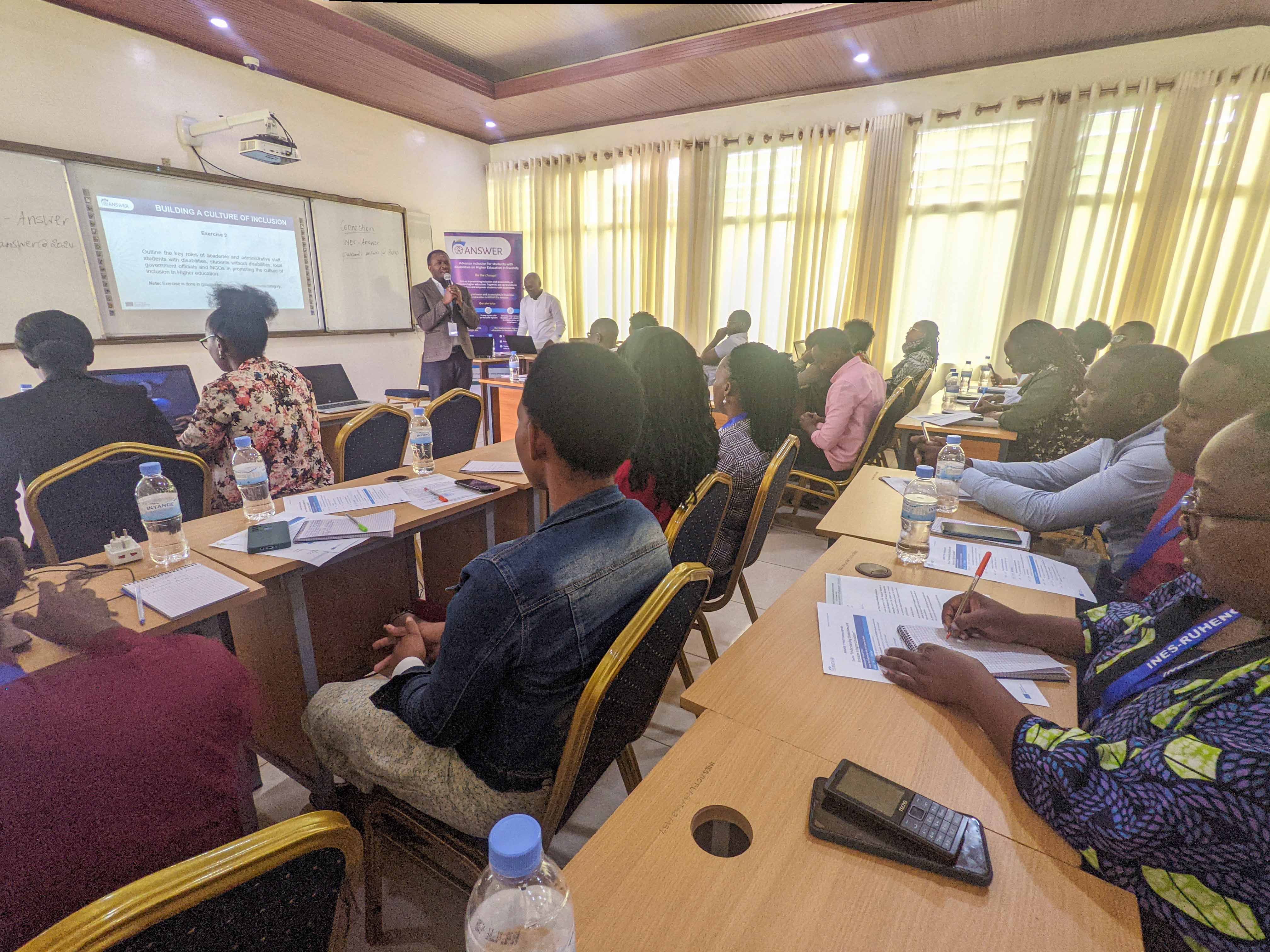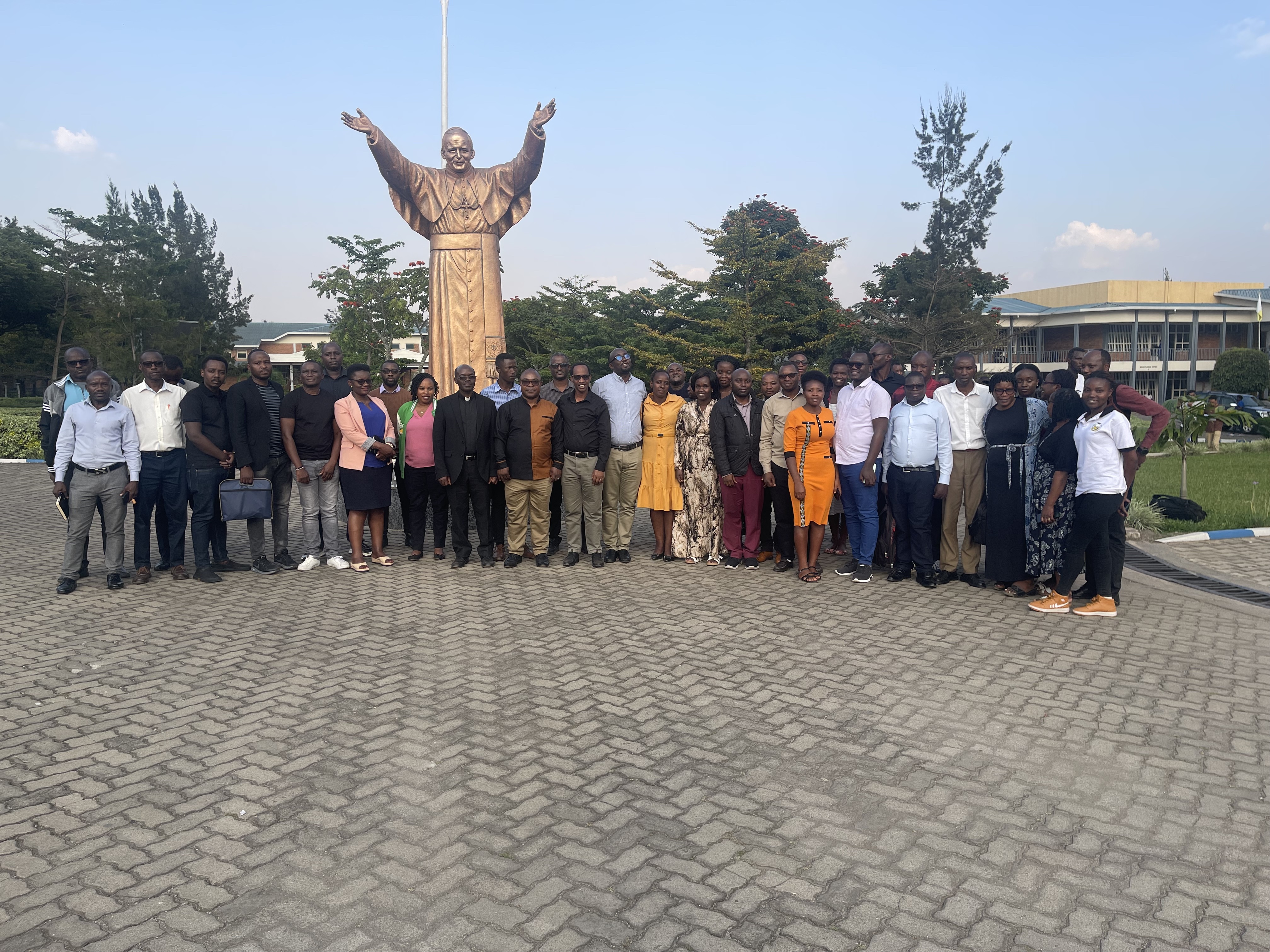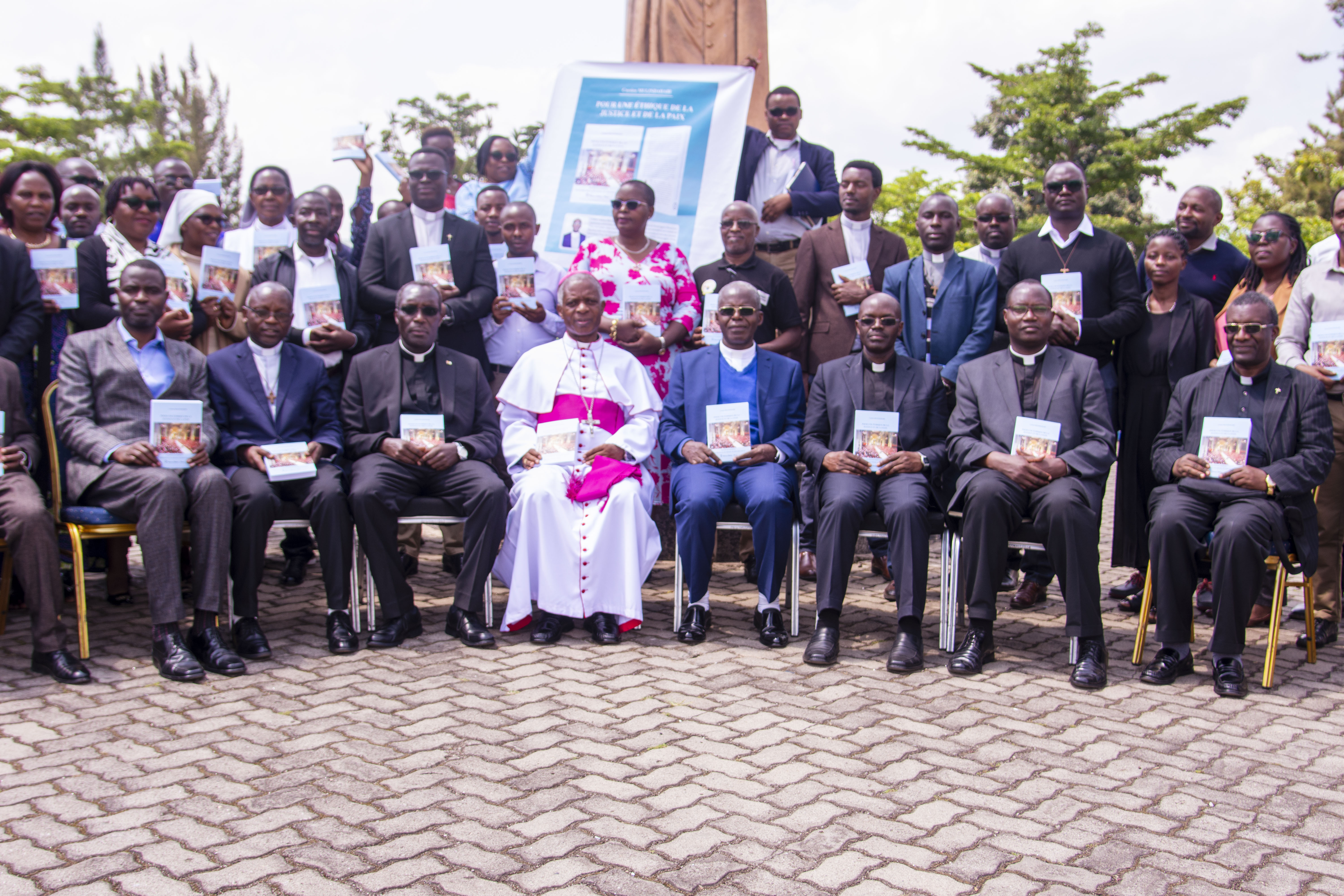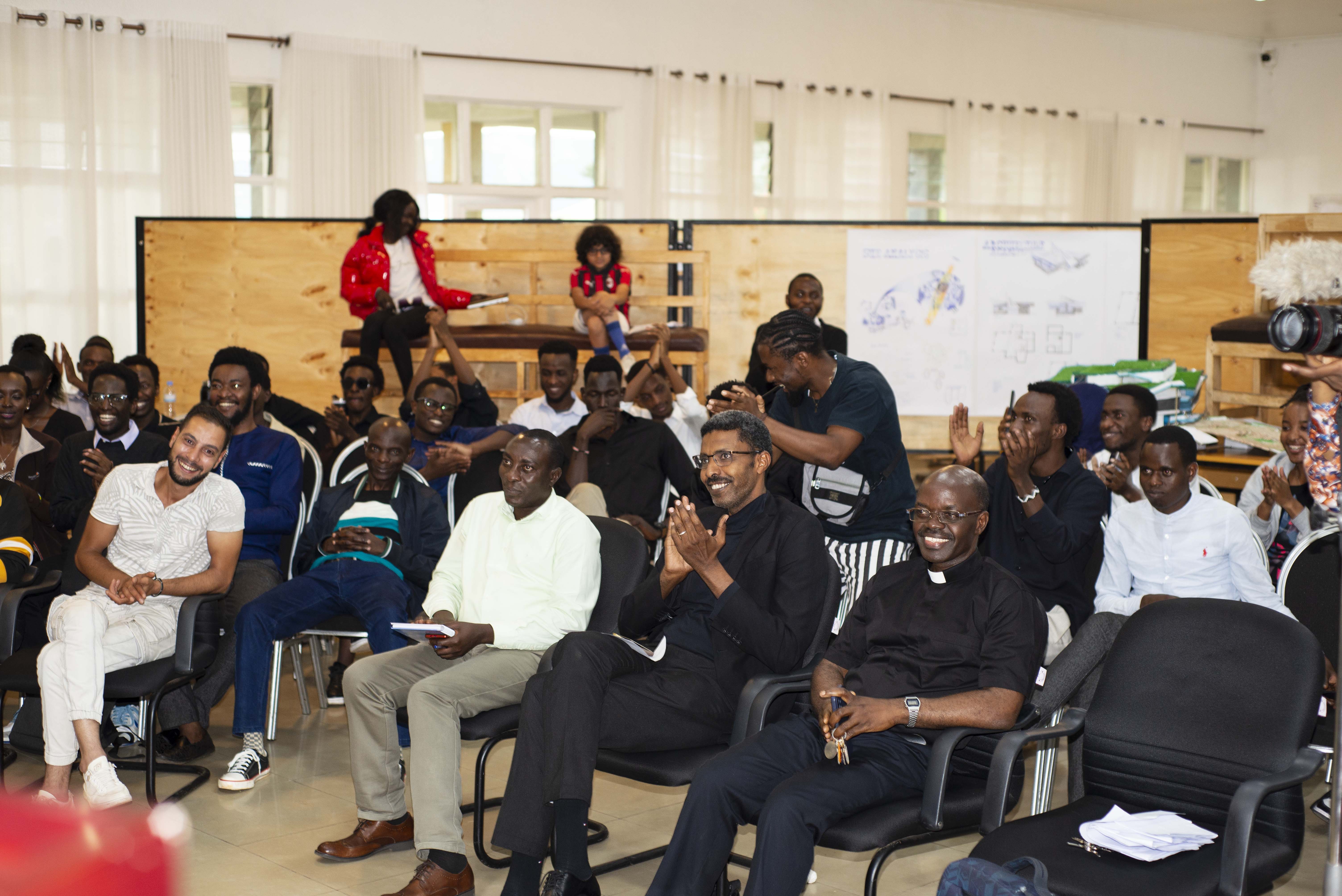Disabilities and Inclusion Become a Hot Topic at INES-Ruhengeri
During the inaugural pilot training on "Disabilities and Inclusion in Higher Education," held at INES-Ruhengeri on October 30, 2024, the topic sparked significant interest and discussion among participants. For many attendees, this was a new subject, leading to heightened curiosity and questions.
Originally scheduled
from 8:00 AM to 4:30 PM, the training extended until 5:00 PM, as participants
actively engaged and sought clarification on various issues. Key questions
included:
·
What is the difference between ability and
disability?
·
Who confirms that someone is disabled?
·
Why are people afraid to disclose their
disabilities?
·
What if existing laws penalize those with mental
health disabilities?
These inquiries prompted rich discussions in groups, with presenters providing insightful responses. For instance, it was established that a medical doctor typically confirms a disability, and individuals have rights specific to their disability categories.
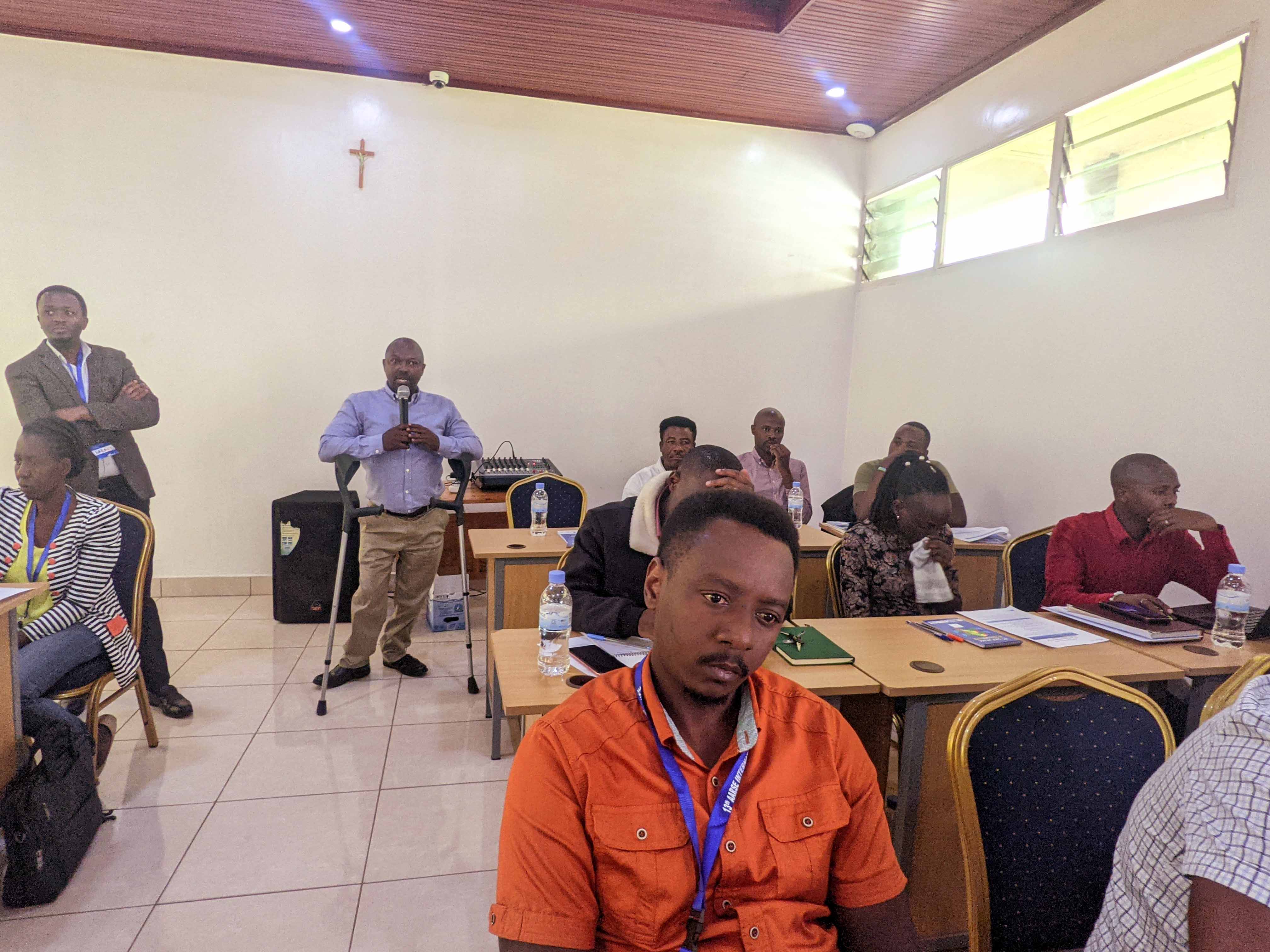
Mr. Uwitonze Esron, the Coordinator of People with Disabilities at the District of Musanze, shared a personal experience to illustrate the difference between inability and disability. He recounted nearly giving up on attending the meeting due to inaccessible stairs but found a specially designed ramp that allowed him to participate. “Disability is only a barrier when access to services is restricted. With appropriate support, there is no disability,” he emphasized.
Participants contributed valuable recommendations to enhance
disabilities and inclusion at INES-Ruhengeri. They stressed the importance of
ongoing training for staff and students to deepen understanding of disability
issues and called for robust policies to promote inclusive education. Engaging
the Student Support Centre in community outreach was seen as essential for
raising awareness and support for individuals with disabilities. Additionally,
establishing screening mechanisms for students with disabilities during
registration would help identify and address their needs from the start.
Since the launch of the ANSWER project in March 2023 at INES-Ruhengeri,
the project has been empowering the community with the skills, knowledge, and
technology needed to support students with disabilities, prioritizing both
capacity building and the use of assistive technologies.
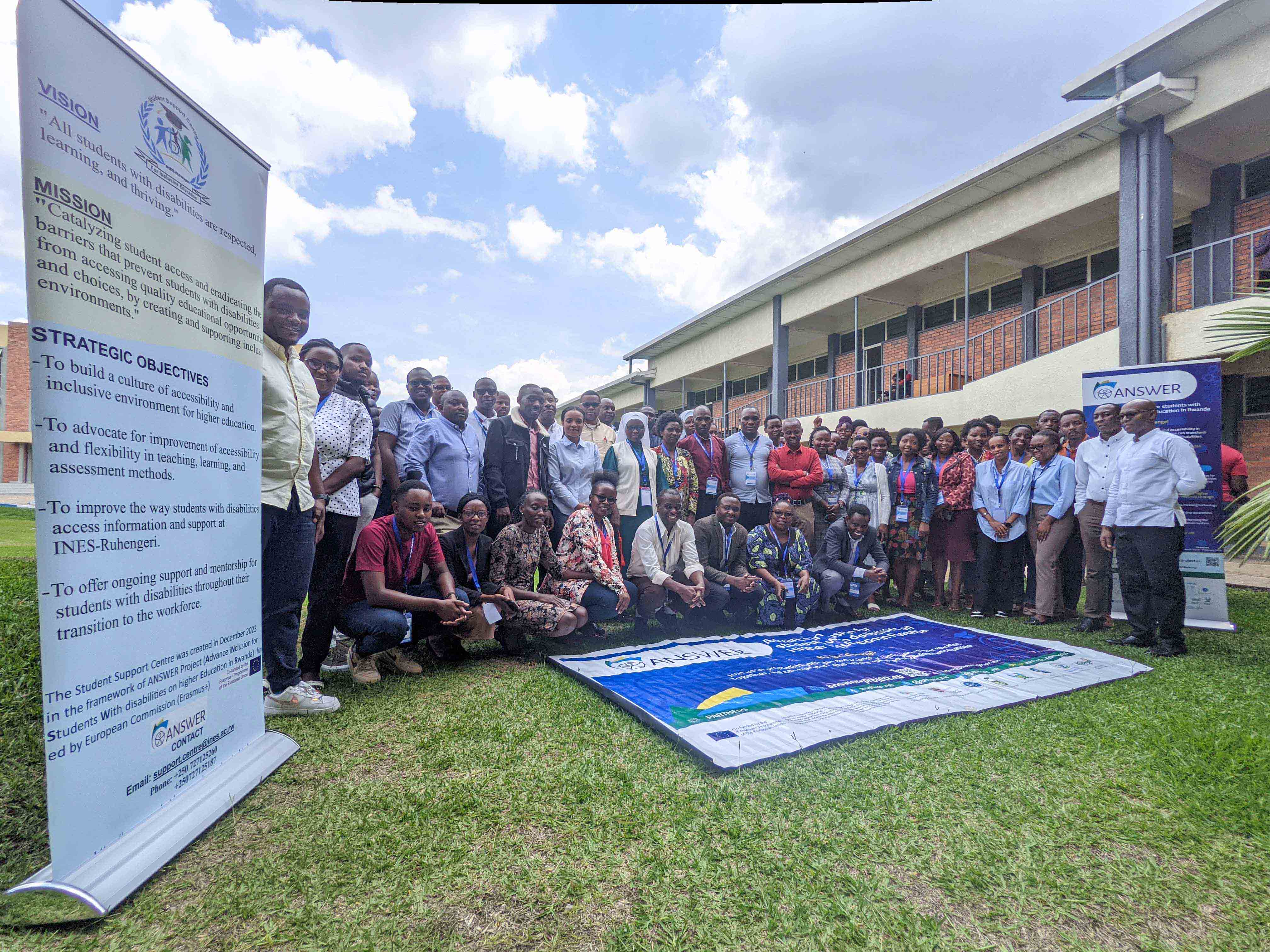
INES-Ruhengeri has successfully completed an intensive training program on Artificial Intelligence …
LEARN NowDuring a book launch ceremony at INES-Ruhengeri, Bishop Vincent Harolimana highlighted the intricat…
LEARN NowOn April 17, 2024, INES-Ruhengeri's Architecture Department showcased Year 1 and Year 2 students' …
LEARN Now